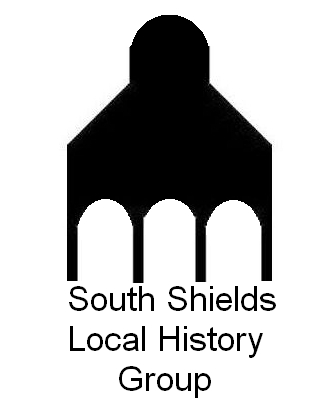Douglas Loughton was born on the 23rd June 1919, he was the son of Joseph and Margaret Loughton of 3 Lismore Avenue, South Shields.

He became a Third Engineer on the SS Fireside for the Gas, Light and Coke Company of London.


He was just 23 years old when on the 12th December 1942 the convoy he was sailing in was attacked by German E-Boats. His Chilean shipmate Fireman Louis Calderon recalls the events:
THE EVENING NEWS, WEDNESDAY, DECEMBER 16, 1942
SHIELDS ENGINEEERS BRAVE ACT
RESCUE ATEMPT DURING CONVOY ATTACK
Under shell fire and torpedo attack from enemy E-Boats, regardless of the fact regardless of the fact that his ship would not be able to pick him up, Third Engineer Douglas Loughton, of 3 Lismore Avenue, South Shields dived overboard in an attempt to rescue men whom he saw floating past the side of his ship. He has been reported missing. His heroic act worthy of the traditions of the Merchant Navy was seen by fireman Louis Calderon, of 27 Maple Crescent, North Shields who told the story. “I had just gone below when we heard of an E-Boat attack” he said “We heard many explosions and our escort put up a terrific barrage against the E-Boat which came out of the darkness, fired their torpedoes and dashed off again.” The ship was taking evasive action and Calderon, Loughton and the Second Engineer were standing together on the deck.
RESCUE ATTEMPT
“One minute there were three of us” said Mr Calderon “and then Loughton was gone, he was wearing a life jacket, and jumped overboard. I suppose to rescue anyone he could. We threw a lifebelt after him but did not see whether he got it or not. I saw Loughton come to the surface after he dived in but he was lost from sight as the ship twisted about. “He would know that the ship would not be able to stop,” continued Mr Calderon “but of course he could have been picked up by the escort.” “At first we did not know what happened to him, because we were all keeping our eyes open in all directions looking for E-Boats and the torpedo tracks, but to deliberately go overboard while shells were being hurled at us was a very courageous act.”
MOTHERS HOPE
The action continued under a curtain of fire from guns, big and small, until at last the E-Boats withdrew and the convoy could make port. Mrs Loughton mother of Douglas said “If Douglas thought anybody could be saved he would to try to do it. He is strong swimmer and I am hoping against hope that he has been saved. Every time the telephone rings, I think it is news about him, but so far I have heard nothing.”
Readers in the Shields Gazette campaigned for his heroism to be recognised.


On 6th July 1943 he was awarded the Bronze Medal for Gallantry for saving life at sea.


His name is on plaque 49 on the Tower Hill Memorial, London a Commonwealth War Grave site.




Douglas’s name lives on, as two of my mates are named after him, his nephew Douglas Loughton and Douglas McLaren whose father was a friend of his.
Sources:
Douglas Loughton (nephew)
British Newspaper Archives
Photos:
Douglas Loughton
Terry Ford
